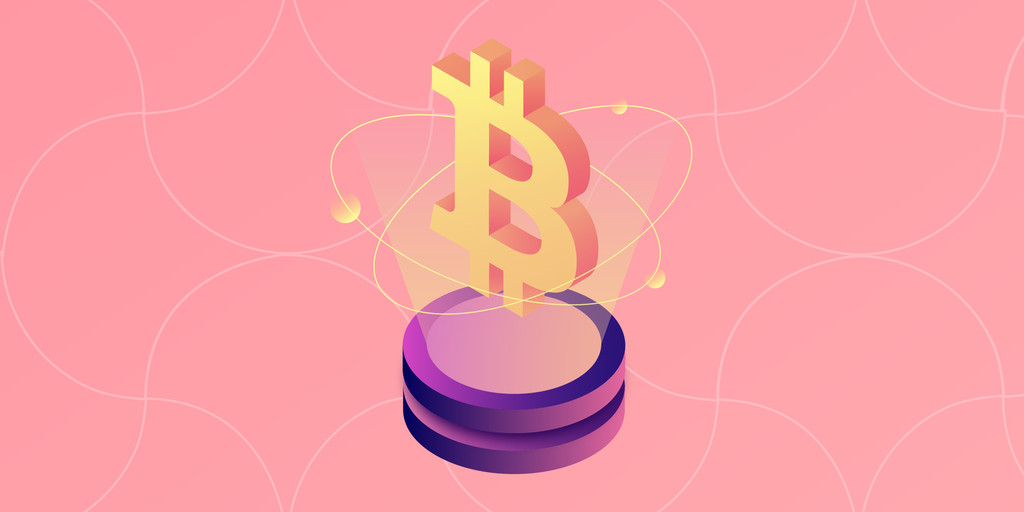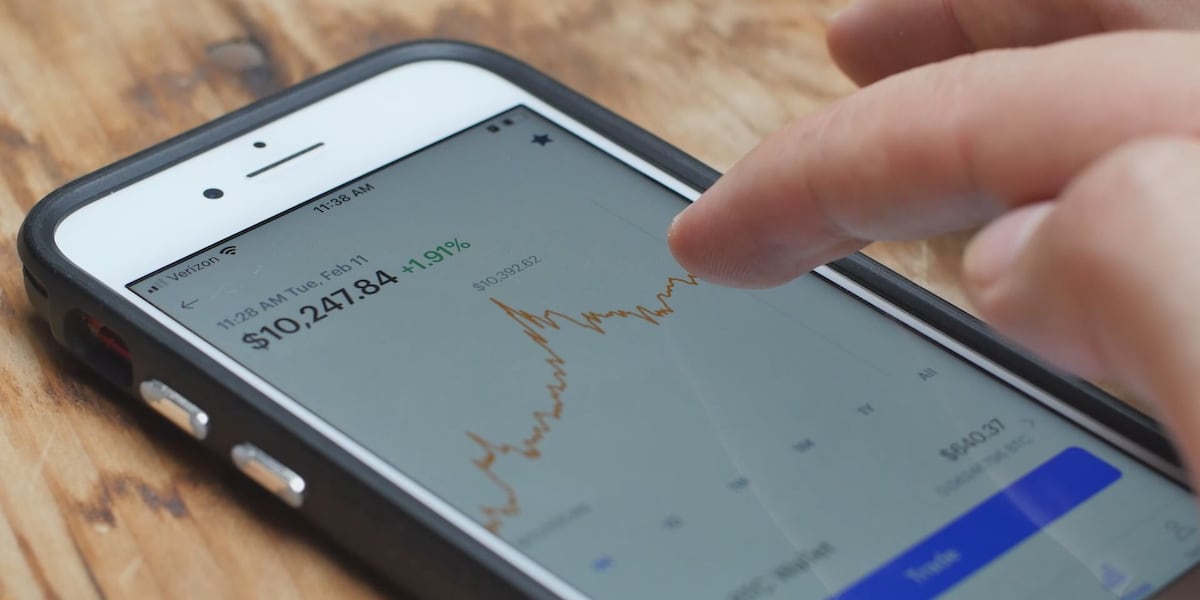If Donald Trump’s sweeping global tariffs send household good prices soaring and drive the economy into recession, at least one industry could profit.
The Trump administration is considering using tariff revenues to buy Bitcoin for a “Strategic Bitcoin Reserve,” a top administration crypto official said in an interview last week. This proposal is driving interest from crypto industry figures who have made building the reserve one of their top priorities.
However, it is uniting critics on both sides of the political spectrum, who have labeled the reserve as a pointless industry giveaway that will burden ordinary taxpayers. Critics argue that using tariff money would only exacerbate the situation.
“There is nothing here but a conjunction of bad ideas,” said George Selgin, an economist and professor emeritus at the University of Georgia. “The tariffs are a bad idea, the Bitcoin Strategic Reserve is a bad idea, and using the tariff revenue for the Bitcoin Strategic Reserve is a bad idea.”
Reaping Revenue?
Ever since Trump proposed across-the-board tariffs on the campaign trail last year, he has touted the idea as a way to build domestic industry and raise revenue. Trump has suggested that tariff revenue could replace the nearly $5 trillion the government collects in income tax revenue per year, while a top trade official estimated they could raise $6 to $7 trillion over a decade.
Both projections are considered unrealistic by economists across the board. The nonpartisan Tax Policy Center stated that the massive tariffs could raise about $3.3 trillion over that period, assuming they don’t trigger an economic downturn.
The relatively meager scale of the tariffs’ revenues has not deterred the Trump administration from proposing various spending ideas, including tax cuts for the rich and deficit reduction. Recently, Bo Hines, the executive director of the Presidential Council of Advisers on Digital Assets, proposed using tariff revenue to buy bitcoin in an interview with investor and crypto influencer Anthony Pompliano. “We are looking at many creative ways,” Hines said, “Everything is on the table.”
Why Bitcoin?
When Trump announced his intention to create a “strategic reserve” of bitcoin at a crypto conference last July, it solidified his status as the industry’s favored presidential candidate. Supporters view bitcoin as a modern-day gold with vast growth potential, arguing that storing it could protect against inflation and depreciation of the U.S. dollar.
However, Trump’s initial creation of the reserve disappointed some bitcoin advocates, as it was stocked only with tokens previously seized by the government. Still, Trump promised to find “budget-neutral” ways to increase bitcoin purchases. Critics, however, argue that tariffs, which essentially act as a tax on consumers purchasing imported goods, are not budget-neutral and disproportionately affect low-income households, costing them an average of $3,800 per year.
Regardless of funding methods, critics maintain that it is inappropriate for the government to invest in an asset like bitcoin, which has no inherent use and is subject to wild price fluctuations. If the government does end up buying bitcoin, selling any substantial portion could potentially depress the digital asset’s price.
“You have a lot of people in the bitcoin community who would like to see the government do more, as it would benefit them,” Selgin stated. “These people are trying to rationalize something that is just a subsidy for them, without benefits for others.”





Comments
Join Our Community
Sign up to share your thoughts, engage with others, and become part of our growing community.
No comments yet
Be the first to share your thoughts and start the conversation!